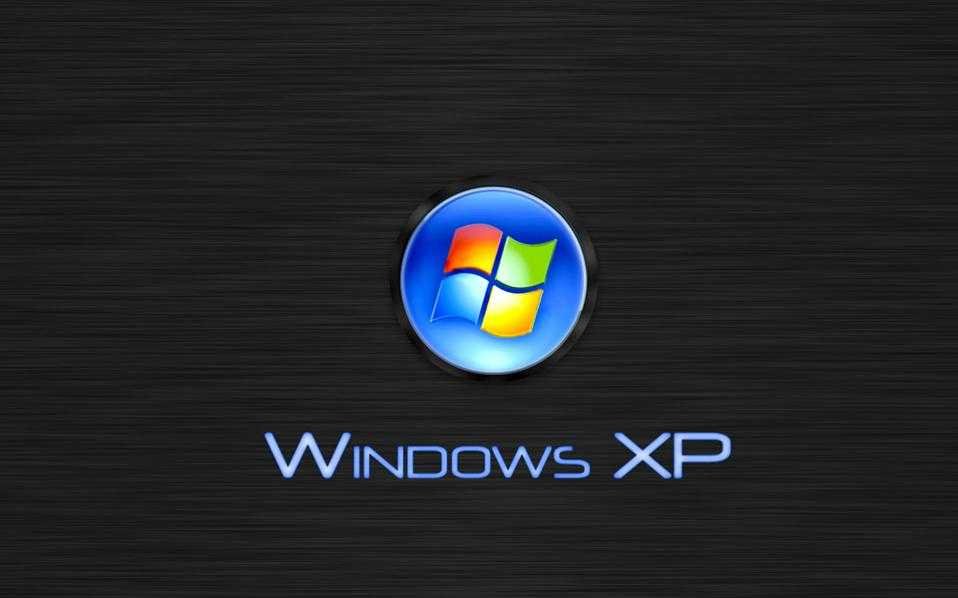Η Microsoft has long announced that on April 8 it stops technical support and periodic security updates for its older - but still very popular - operating system Windows XP.

Not only is this software "running" today on nearly one in three personal computers in homes and offices around the world, but also on many bank ATMs. Some have already started - somewhat excessively - to doomsday about an imminent "XP Apocalypse", while the big cyber companybetter safetySymantec has issued a statement recommending Windows XP users to upgrade their operating system as soon as possible. At the same time, he warns, that after April 8, many ATM machines will now be more vulnerable to cyber-attacks from viruses and other malicious software, once Microsoft stops technical support for its operating system.
Microsoft released Windows XP in 2001 and many users "stuck" on this operating system, refusing to upgrade to later versions of Windows (Vista, 7 and 8). The company considers that the natural life cycle of its product has already lasted too long, while it points out that the newer versions of Windows are safer and more enriched. However, around the world, few individuals, companies and utilities have so far found no significant reason to change Windows XP. According to research firm NetMarketShare, XPs are used in about 30% of PCs worldwide, while others estimate at least 200 million users worldwide.
Although several anti-virus programs - such as of Symantec - will continue to "cover" Windows XP, protection may no longer be fully effective once Microsoft has stopped its own updates.
An antivirus program can probably detect and neutralize a virus, but it cannot patch a security hole that hackers have discovered in the operating system itself. That's exactly why Symantec was quick to call XP users to upgrade their operating system, given that Microsoft normally continues security updates for the most recent versions of Windows (Vista and later).
Some experts fear that computers (even ATMs) running Windows XP will now become the No. 1 target for hackers. For some owners of older PCs with machines that do not have enough memory and processing power to "lift" the new Windows 8, perhaps the only -forced- option will be to buy a new computer. Those who do not want or can not leave their old computer with XR, should be content with anti-virus programs - and God help! Note that the Google Chrome and Mozilla Firefox browsers will continue to work with Winndows XP, but not the two latest versions of Microsoft Internet Explorer (also, on April 8, the technical support of the Office 2003 package will stop).
In any case, experts advise users not to use their XP computers after April 8 to make online transactions with banks, markets from online stores and general exchanges of sensitive personal and business data. Ideally, XP computers should not be networked, but used only for processing text, games, etc.
Risks for ATMs
According to Symantec, ATMs are essentially computers that control access to cash and most machines, especially older ones models, run on Windows XP versions, with the consequence that the banking industry faces a serious risk of cyber-attacks. The American company points out that cybercriminals are already targeting ATMs with increasingly sophisticated mechanisms.
At the end of 2013, Symantec discovered a new malware in Mexico that allowed attackers to enter ATM by taking cash using an external keyboard (this threat was called Backdoor.Ploutus). A few weeks later, this malware evolved into English and expanded to other countries (the new kind was called Backdoor.Ploutus.B).
This malware now allows hackers to remotely send a cell phone via SMS to the broken ATM and then go to the machine and collect the cash. Already, according to Symantec, this technique is used in many places around the world. Attackers just need to properly "fix" their phone, connect it to the ATM and "infect" the ATM with Ploutus.
Modern ATMs, according to Symantec, have upgraded security features that can prevent such attacks. But older ATMs that are still running Windows XP, especially those in remote locations, may be targets for hackers.
Source: kathimerini.gr





